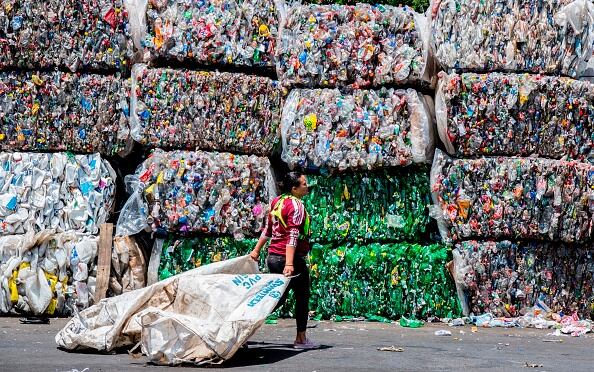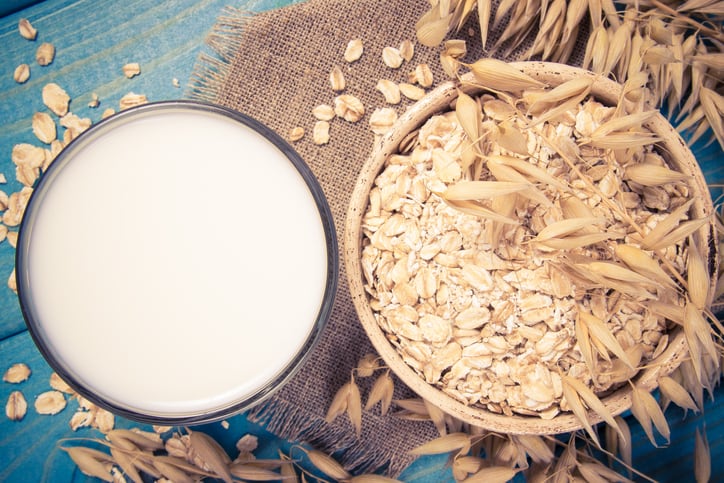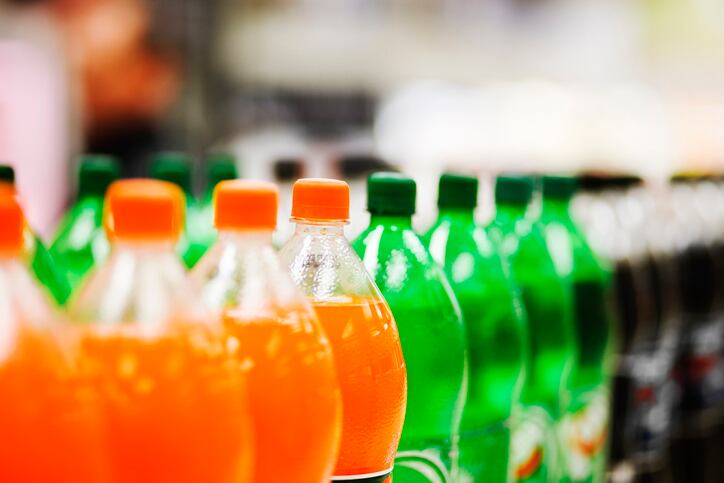In 2017, Latin America represented 11% of PepsiCo's total global US$63.5bn net revenues, with Mexico and Brazil generating a significant portion of these earnings. However, the company is investing in the region.
Earlier this year, the company announced plans to invest US$4 billion in Mexico in the next two years and to build a new plant in Guanajuato – its first new facility construction in 20 years. According to Pimenta, being attentive to consumer trends is also allowing the manufacturer to increase its footprint in Latin America.
“We are going where consumers are going, including high growth spaces, which has allowed us to grow our presence in the region,” he told FoodNavigator-LATAM.
Native and natural
“Natural ingredients is a term that is important globally, not only in Latin America. At our core, we are an agro company, that is why our business relies on the use of high-quality local raw materials such as corn, potato, plantain, and coconut.”
In order to identify the latest food and drink trends, the soda and snack giant PepsiCo uses marketing analytics and “real-time social listening tools” to understand what consumers are saying and what they’re looking for. Tailoring new product development to include natural ingredients that are recognizable to regional consumers is therefore important, it said.
In Mexico, for instance, it launched Don Nopal, a snack made from nopal cactus and amaranth flavored with chili. “It is tasty, made with natural Mexican ingredients and complies with the [current] cactus trend,” said Pimenta.
Products that contain healthy ingredients, such as dairy, whole grains, fruit, vegetables and protein as well as water and unsweetened tea today account for 27.5% of its global net revenue, and sales growth from this category have outpaced the rest of its portfolio for the second consecutive year.
PepsiCo has been expanding the category in Latin American countries through a mix of reformulation, acquisitions, and new product launches. In 2017, it launched Mafer in Mexico, a range of nuts and seed snack packs with peanuts, almonds and dehydrated fruit on the Mexican market for energy, protein and antioxidants.
Reformulation-focused R&D
PepsiCo has three R&D centers in Latin America, in Mexico City, Sao Paulo, and Apodaca, Mexico, and according to Pimenta, the company’s R&D investments are focused on reducing artificial ingredients, added sugars, saturated fat, sodium and calories across its products.
“Nowadays, approximately 27.5% of our global income comes from nutritious products such as oats, zero-calorie beverages, and low sodium and low sat fat snacks.”
“Where we can, we’re also using oils lower in saturated fat, such as sunflower and canola. For example in Peru, we’ve started using an oil blend lower in saturated fat for Natuchips Roots and Tubers,” he said.
'We support nutrition labels that don't discriminate'
Asked whether PepsiCo supports the black-and-white warning labels that have been adopted in certain Latin American countries such as Chile and Peru – and look likely to come into force in Mexico and Brazil – Pimenta said the company would always respect the regulatory and legal framework of the countries in which it operates.
“We support the use of front-of-pack labeling as a tool to assist consumers in making more educated and more nutritious purchasing decisions,” Pimenta said.
“We also, support schemes that promote science-based labeling, prevent discrimination against our portfolio, encourage the uptake of healthier choices and help consumers make informed choices.”
Any labeling scheme needs to adhere to three key criteria, he said. It must be informative, describing the food or drink product with preciseness, “such as it is”; comparable, allowing consumers to compare with similar products; and it must promote reformulation.




